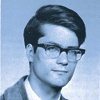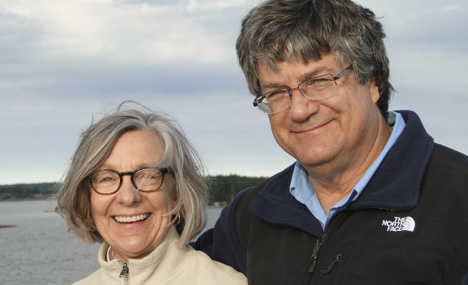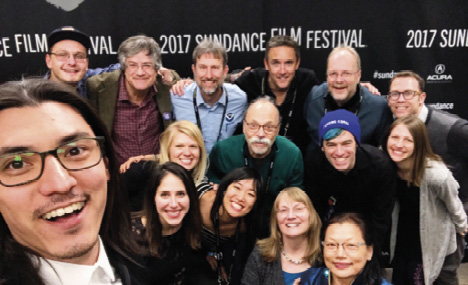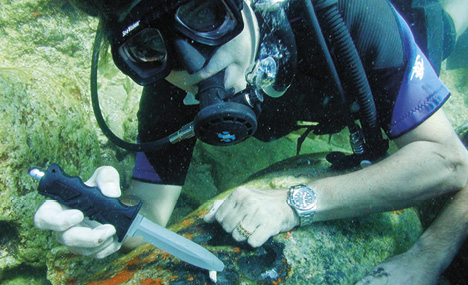James W. Porter – 50th Reunion Essay
James W. Porter
 285 Three Oaks Dr.
285 Three Oaks Dr.
Athens, GA 30607
jporter@uga.edu
706-207-5177
Spouse(s): Karen G. Porter (1972 – present)
Child(ren): Delene W. Porter (1979)
Education: Yale College, BS, 1969; Yale University, PhD 1973
Career: Pre-Doctoral Fellow, Smithsonian Tropical Research Insitute, Panama; Assistant Professor, University of Michigan 1973–1977; Meigs Professor of Ecology, University of Georgia (1978–2017)
Avocations: Underwater photography, book collecting, butterfly and moth collecting (and other busman’s holiday activities!)
College: Silliman
Unlike most classmates, I stayed on at Yale for my PhD. It was a change in fields, from entomology to coral reef ecology, not the usual change in place. With 5,000 dives, 93 countries visited, 120 publications, and three books to my name, I was reasonably successful. As human impact accelerated their decline, I switched to conservation ecology, and began to engage in increasingly public activities for their preservation. You cannot imagine how I feel about fake science from a fake president.
Yale’s continuing influences are profound and deep. In 1972, I married a fellow graduate student, Karen Glaus, Vassar ’68 in Panama, where I did my thesis. We received our doctoral degrees on the same day and performed the enviable hat trick of getting two tenure-track jobs at the same university, first at the University of Michigan, and then at the University of Georgia. We’ve lived in Athens for 40 years. Our daughter Delene was born here, and she and our son-in-law live in Athens too. Our college town is a blue dot in a sea of red.
I remain deeply influenced by Yale’s people and palaces. Basically, the place rubbed off on me. Working as a student-assistant in the Beinecke Rare Book Library stoked a love of books. I have spent the past 50 years building the largest and most complete professional library on corals and coral reefs in private hands. Karen calls it my “socially acceptable addiction.”
My time at the Peabody Museum of Natural History inspired me to build what has now become the sixth-largest coral collection in the world. At the time I began, coral reefs were our field of dreams. They would go on forever. As I look back on these two collections now, they remind me of how much we have to save, and how little we actually are.
Communication of science has been a hallmark of my career. In 2004, I was awarded the University of Georgia’s Meigs Professorship, in part based on my teaching. In 2005 I won the Ecological Society of America’s Outstanding Educator Award. This year, a film I made with an exceptional team of 30-somethings, Chasing Coral, won first place at the 2017 Sundance Film Festival. 15,000 screaming fans at Sundance. Ah, to be young again!
As I approach the end of my career, ethics is increasingly important to me. In 2009 I discovered unexploded ordnance littering coral reefs on Vieques, Puerto Rico. I am fighting to remove it. I leave the final words in my essay to Mr. Acevedo-Vila, Governor of Puerto Rico (2005–2009), who wrote in a letter to the University of Georgia, “It is obvious Dr. Porter’s classroom includes the Halls of Congress, where he shared with us, in a most forthright and engaging manner, his scientific findings on Vieques, Puerto Rico. A free exchange of ideas is the hallmark of a successful democracy. Dr. Porter’s willingness to share his time and expertise gives voice to these democratic ideals.”
Retirement? Nah!

Jim and Karen Porter cruising the Baltic in the year of their retirement, on their 70th birthdays, and for their 40th anniversary

Winning the Audience Choice Award at the 2017 Sundance Film Festival for our film, Chasing Coral (me in back, 2nd from left).

Playing with under-water bombs on Vieques, Puerto Rico coral-reefs.
If the above is blank, no 50th reunion essay was submitted.
